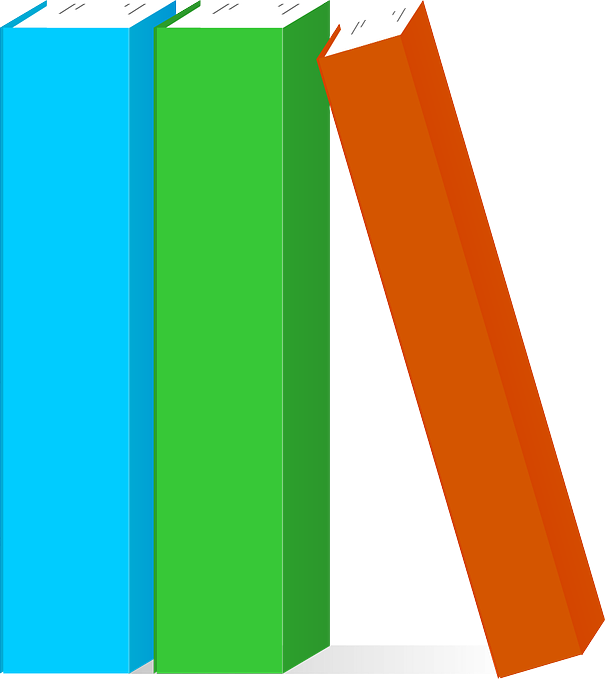By Sarah Merlenbach
October 11, 2019
Chances are, when most people think of the publishing industry, they picture the Big Five: Simon and Schuster, Penguin Random House, HarperCollins, Macmillan, and Hachette. For those who pay attention to the logos on book spines, the list might extend to publishers like Scholastic, Bloomsbury, or Sourcebooks. Sometimes, even the books we think are by smaller presses end up simply being an imprint of the Big Five.
Often, it can seem like every mildly successful book has been published by one of these publishers. For an aspiring writer, this can be a daunting image. After all, big publishers usually do not accept submissions without an agent, and even if an author has one, the publisher may still not publish the book unless the author has a strong writer platform online.
Because of these requirements, many new writers have turned to self-publishing as an alternate route to getting their book out into the world. Although this means more work for the author, here are some reasons you might consider self-publishing, especially for your debut book.
You Make Your Own Choices
With true self-publishing, the author manages the entire publishing process. While you may (wisely) choose to have others look over and edit your work, ultimately you, the author, get the final say.
Have a certain image in mind for the cover? You are free to use it, without having to conform to the publisher’s brand and style. Does your title fit the book well, even if it is a bit long? With self-publishing, there are no editors hovering over your shoulder forcing you to change it.
You Keep the Profits and Rights
In traditional publishing, authors are paid through royalties, usually between 5 to 15 percent of the list price of the book. However, with self-publishing, authors keep a much larger percentage of the profits, since they are not trying to pay a publisher and a distributor.
Also, with self-publishing, the author keeps control of all rights to the work, including copyright, e-book rights, movie rights, and many others besides. Since these rights mean the author must be paid when their work is sold in these forms, keeping all rights can greatly increase a book’s profits.
It Can Help You Build a Fan Base
Self-publishing, particularly e-book self-publishing, can be a great tool for building readership for new authors. You can share links to the work and advertise on social media, sell your work for a lower price to get people to take a chance (since you don’t have a middle man to pay), and easily run giveaways and deals to generate interest in your work. Readers can easily access your book and, in turn, share it with others. This way, with minimal costs for marketing, authors can build a name for themselves and reach readers who might not have picked up their book in a bookstore.
The Bottom Line?
While some people argue that self-published works are less professional or poor quality, there can be many benefits if authors are willing to put in the extra time. Oftentimes, too, self-published works can be just as successful as those traditionally published. For example, Christopher Paolini’s Eragon and Andy Weir’s The Martian both began as self-published works that were eventually picked up by traditional publishers, and are still very popular today. These books did not need a traditional publisher in order to be seen from the beginning.
What is the ultimate takeaway? If you have a story to tell, there is no one right way to share it with the world.

